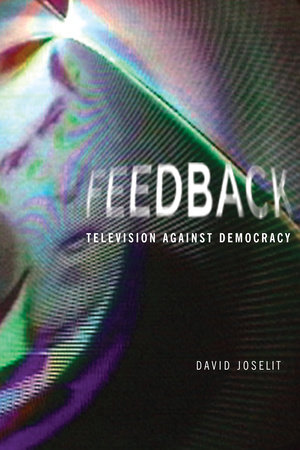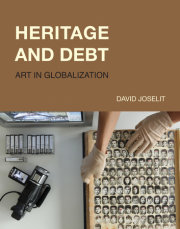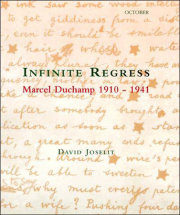In a world where politics is conducted through images, the tools of art history can be used to challenge the privatized antidemocratic sphere of American television.American television embodies a paradox: it is a privately owned and operated public communications network that most citizens are unable to participate in except as passive specators. Television creates an image of community while preventing the formation of actual social ties because behind its simulated exchange of opinions lies a highly centralized corporate structure that is profoundly antidemocratic. In Feedback, David Joselit describes the privatized public sphere of television and recounts the tactics developed by artists and media activists in the 1960s and 1970s to break open its closed circuit.
The figures whose work Joselit examines—among them Nam June Paik, Dan Graham, Joan Jonas, Abbie Hoffman, Andy Warhol, and Melvin Van Peebles—staged political interventions within television's closed circuit. Joselit identifies three kinds of image-events: feedback, which can be both disabling noise and rational response—as when Abbie Hoffman hijacked television time for the Yippies with flamboyant stunts directed to the media; the image-virus, which proliferates parasitically, invading, transforming, and even blocking systems—as in Nam June Paik's synthesized videotapes and installations; and the avatar, a quasi-fictional form of identity available to anyone, which can function as a political actor—as in Melvin Van Peebles's invention of Sweet Sweetback, an African-American hero who appealed to a broad audience and influenced styles of Black Power activism. These strategies, writes Joselit, remain valuable today in a world where the overlapping information circuits of television and the Internet offer different opportunities for democratic participation.
In Feedback, Joselit analyzes such midcentury image-events using the procedures and categories of art history. The trope of figure/ground reversal, for instance, is used to assess acts of representation in a variety of media—including the medium of politics. In a televisual world, Joselit argues, where democracy is conducted through images, art history has the capacity to become a political science.





